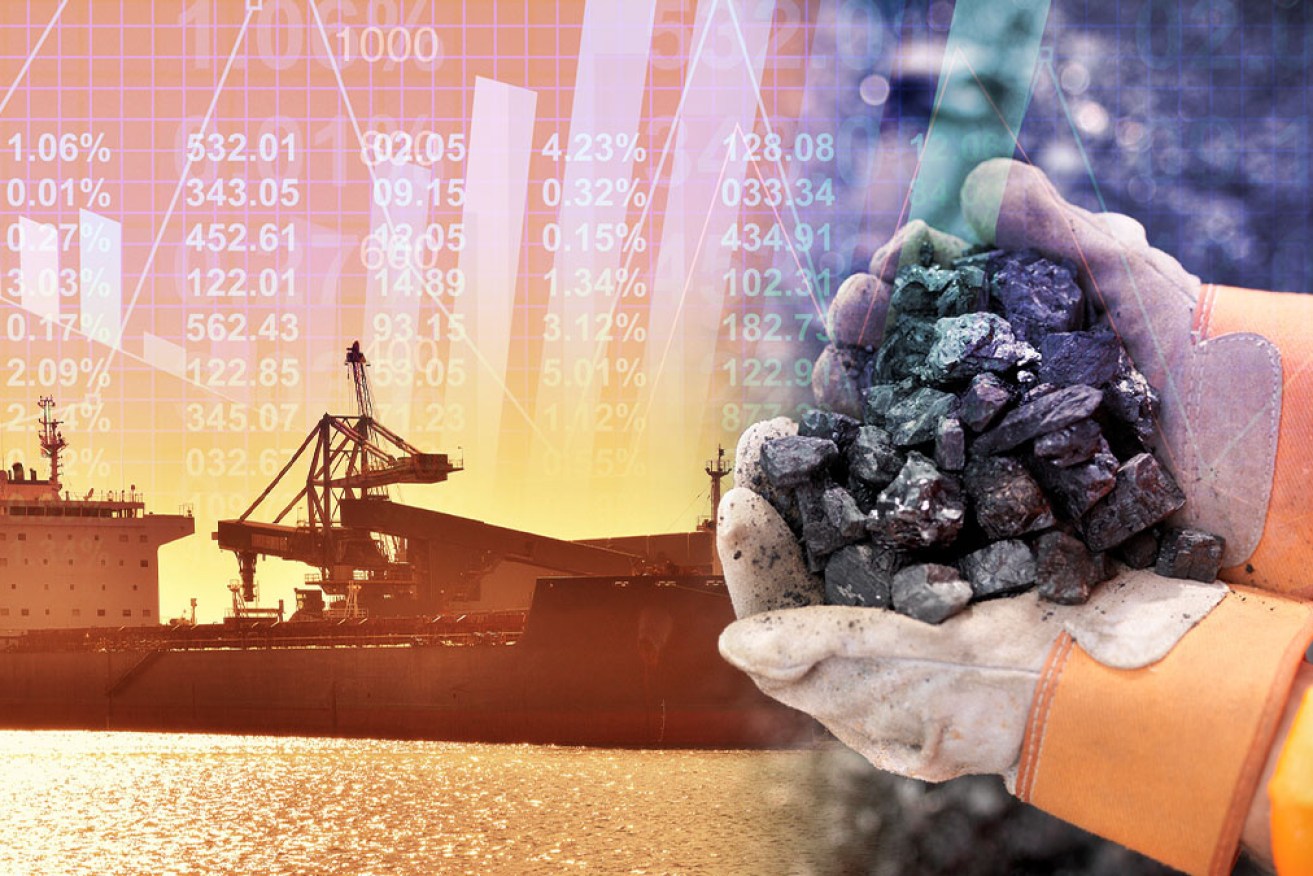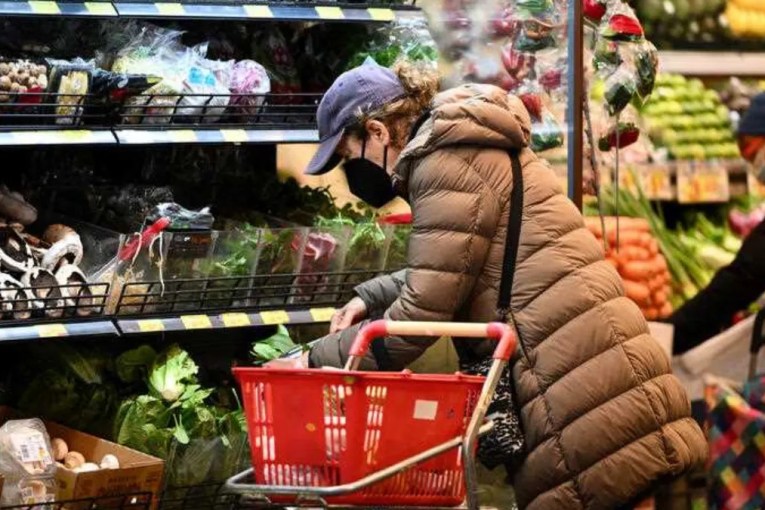EU to hit Australia with a border tax on carbon emissions


The European Union is about to hit Australian exports with a cross border carbon tax. Photo: TND
Australia’s free ride on climate change is set to end, with the European Union taking the first step to introduce a cross border carbon tax.
The European Parliament gave the nod to the move on Friday, which means Australian products entering the EU will be hit by a tariff to make up for the fact Australia has no price on carbon.
“It would be a major blow for the Australian government both economically and diplomatically,” said John Quiggin, economics professor at the University of Queensland.
The move has been on the international agenda for some time and has been taken increasingly seriously since Australia dropped its carbon tax in 2014 following the election of the Abbott government.
“It has been talked about a lot in recent years and the election of [US President] Joe Biden means there is a renewed focus on climate policy around the globe,” said Scott Hamilton, consultant to the Smart Energy Council.
“Everyone is getting serious about it except the Australian government.”
Hitting home
Australia’s lack of a coherent energy policy is starting to hit the energy sector locally and is eroding investment plans from major players.
Last week, generation giant AGL Energy wrote down its assets by $2.7 billion and Origin Energy signalled its earnings would be 13 per cent, or $175 million, below expectations.
“AGL has written down a massive $2.7 billion from its asset base because of lower prices for base load coal and losses on forward power purchase agreements,” Tom Allen, energy analyst with UBS, told The New Daily.
AGL had agreed to buy renewable power for over $80 a megawatt hour but the price has since fallen below $50.
Origin’s write-downs consisted of $100 million from gas and $75 million from power generation as prices fell. Without a firm government energy policy in place and with large amounts of new wind power hitting the market, AGL’s coal generation was hit by price drops.
The resulting collapse in the price of wind power meant that previous renewable purchase deals that AGL had made at higher prices became loss makers.
New investment barred
With numerous coal plants scheduled to close in coming years, the market needs AGL to invest in new gas generation to balance growing renewables.
But energy giants AGL and Origin are in a tough bind, as the Morrison government has pledged to help smaller players build gas plants and threatened to build one itself.
‘It is very hard for AGL to make investment decisions about new generation when your competition might get a Commonwealth subsidy and you don’t know how much that will be,” Mr Allen said.
The uncertainty extends to the Prime Minister’s plans for a gas-powered revival in manufacturing, as investment becomes impossible when energy supply is uncertain.
Tweet from @ScottJourno
The world is moving quickly to decarbonise and Australia is increasingly being left behind.
“In Europe, they are tightening the rules with major manufacturing having new emissions reductions targets for 2030 and 2050,” Mr Hamilton said.
“Germany has just put €9 billion ($14.2 billion) on the table for a new green hydrogen strategy and the UK committed to a net zero 2050 target and ambitious 2030 targets.
“Australia is becoming more and more isolated with an emissions reduction target of 26 to 28 per cent reductions on 2005 levels and no clear path to net zero. Others are in the mid to high 30s.”
Scottish test
Mr Hamilton said “it will all come to a crunch later this year with the UN Climate Summit in Glasgow”.
Newly appointed US Climate Commissioner John Kerry has described it as “the last best chance“ to avert the worst environmental consequences for the world.
The pressure from America will add to that from Europe, with Professor Quiggin saying the US and China were likely to follow suit with carbon border taxes of their own.
“Joe Biden has talked about it already. It’s possible that China will go in this direction too,” he said.
“Australia needs to take the matter seriously.
“The main political parties are worried about what Craig Kelly and Joel Fitzgibbon think about this. They aren’t worried about what Europe and the US are thinking.”
“[Major trading partners] Korea and Japan are already on board with a 2050 target but there is no public sign that we are paying attention to it,” Professor Quiggin said.
“It’s not just about energy – it’s about trade. A cross border tariff would be a tax on everything we export.”
Minister for Trade, Tourism and Investment Dan Tehan told The New Daily that “we do not want to see carbon tariffs used as a new form of protection”.
Australia wanted to be sure climate change engagement and meeting emissions reductions targets were carried out constructively, Mr Tehan said.









